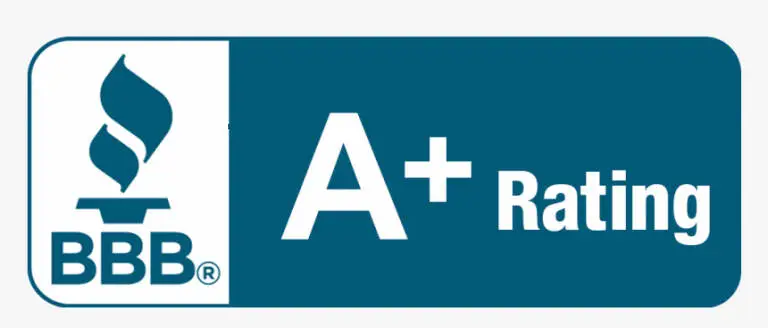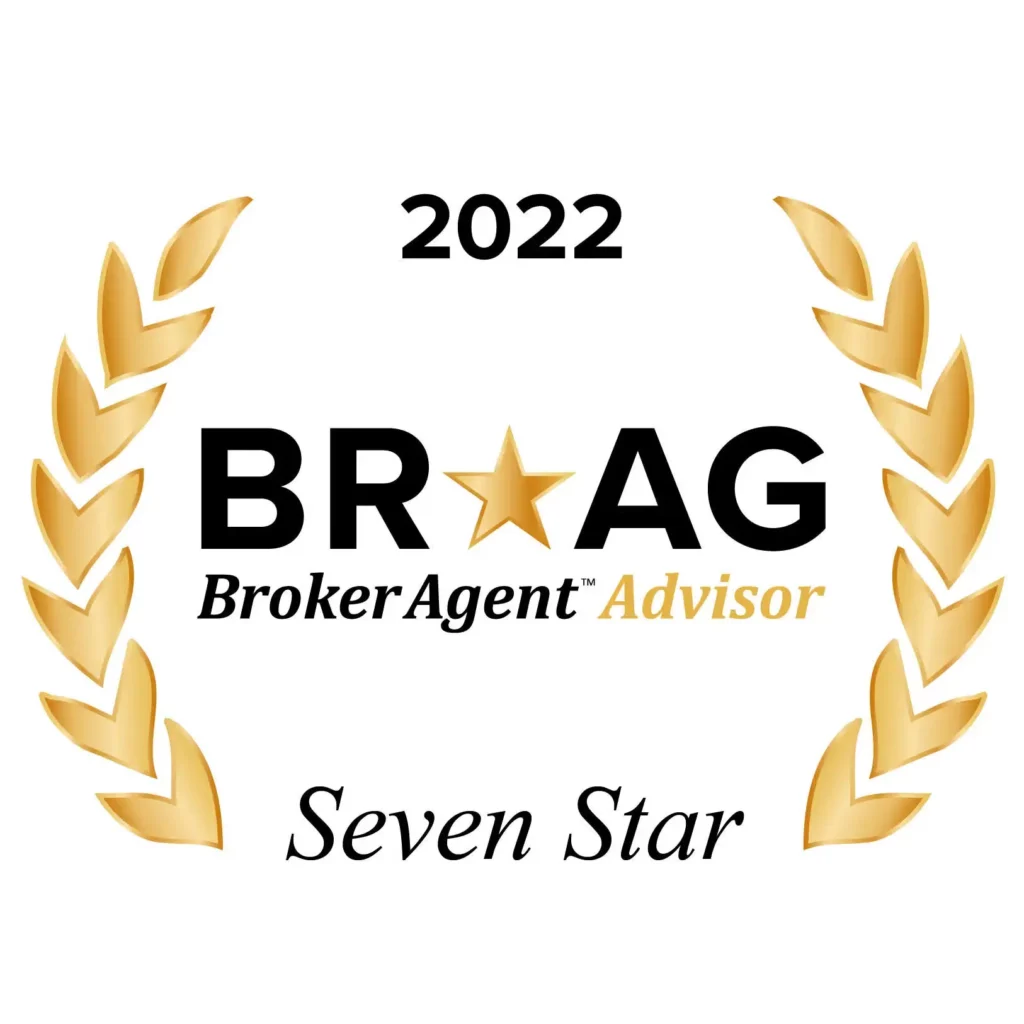Blog
Investment Property Inspections: What, When and How Often?
Lee Blackburn

Your Nashville investment property needs to be inspected more than once every few years. Even if you have great tenants in place who never request a single repair – you’ll want to get inside and make sure everything is in good shape.
But, how often can you inspect without invading the tenant’s privacy? When are the right times to inspect before, during, and after a lease? And, what should you be looking for?
We answer those questions in today’s blog, which focuses on investment property inspections.
When to Inspect your Nashville Investment Property
The number of inspections your property needs depends on the age and condition of the home as well as the tenants you have in place. Generally, there are three times in which you should always inspect your rental property:
- Before a tenant moves in
- After a tenant moves out
- One time during the tenancy
You might also consider inspecting the property before signing off on a lease renewal. If your tenant indicates they want to stay and begin a new lease period, you might want to inspect and make sure that you want to keep your tenant in the property for another year.
What to Look for During Property Inspections
Each inspection has its own purpose. However, you’ll be able to use a similar checklist for every inspection. Basically, you’re looking for any damage, any required repairs, and any signs of deferred or unreported maintenance. During the move-in and move-out inspections, you’re effectively documenting the condition of your property. During the inspection you conduct while the property is occupied, you’ll also be checking to ensure the lease terms are being followed faithfully.
Here are some of the general maintenance items you’ll want on your checklist when you inspect:
- Plumbing. Are there any signs of leaks, water intrusion, or moisture in the walls, ceilings, and floors? Always check for drips under sinks and around tubs and toilets. Outside, take a look at the sprinkler system if you have one.
- Electric. Do all the outlets work properly? Is the lighting adequate and functional inside and outside the home?
- Safety and security. Make sure the windows and doors lock properly. There shouldn’t be any branches or trees blocking windows or falling onto the roof.
- General property condition. Make sure the appliances are working and the paint and floors are in good condition.
Document each inspection with photos and notes. If there are any disputes with your tenants about what you’ve found, you’ll want to be able to support your version of events.
Balancing Property Protection and Tenant Privacy

At Omni, our staff and vendors are trained and required to make an informal inspection whenever on site perhaps for another issue. We also recommend formal inspections at lease renewal time, or if there haven’t been any maintenance or site visits within 18 months. This policy/process has been in place for many years, and we have found it is a perfect balance between disruption to your tenant and getting eyes on the property at adequate intervals.
It’s important that you write this into your lease agreement. Make sure your tenants understand you’ll be inspecting, and give them plenty of written notice before you show up.
We know it can be tricky to inspect your home, and we’d be happy to help you with this or anything pertaining to Nashville property management. Feel free to contact us at Omni Realtors & Property Management.









